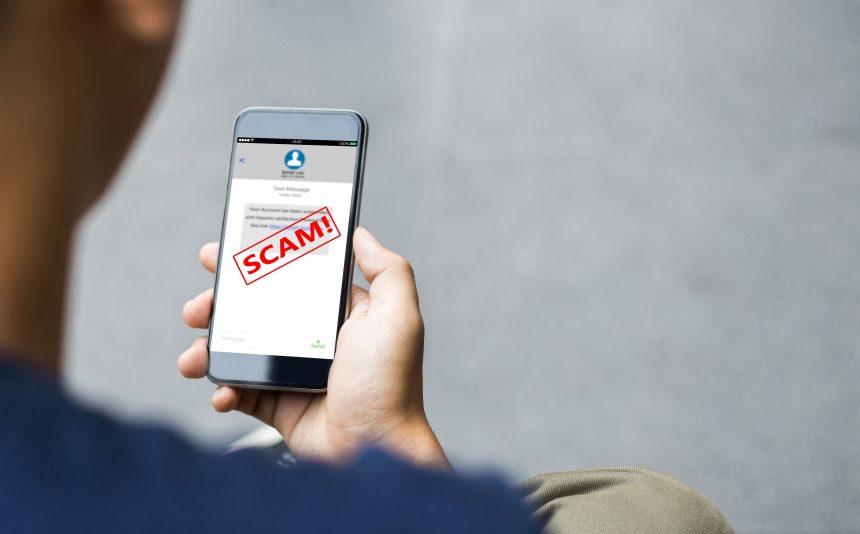In the ever-evolving landscape of cyber threats, deceptive schemes aimed at exploiting users’ concerns about their digital security are on the rise. One such scam that has come to light is the “CCLEANER AntiVirus License Has Expired” scheme, leveraging scare tactics to promote potentially unreliable or malicious software. This article aims to unravel the intricacies of this deceptive ploy, shedding light on its actions, potential consequences, and providing insights into safeguarding against similar threats.
Understanding the “CCLEANER AntiVirus License Has Expired” Scam
The “CCLEANER AntiVirus License Has Expired” scam employs scare tactics to create a sense of urgency and manipulate users into taking hasty actions. The deceptive content claims that the license for the CCLEANER AntiVirus has expired, placing the user at risk of viruses, malware, and identity theft. While it’s true that devices without security software are more vulnerable, this scam exploits these legitimate concerns to coerce users into downloading and installing an endorsed app without careful consideration.
Key points about this scam include:
- False Claims: The scam falsely asserts that the user’s CCLEANER AntiVirus license has expired, creating a sense of urgency and fear about potential security threats.
- Unauthorized Discounts: The scheme promises a 70% discount for the license renewal, tempting users with the prospect of saving money. However, these discounts may not be genuine, and users risk falling victim to potentially harmful software.
- Fake Affiliation: It’s crucial to note that this scam is not associated with the genuine CCleaner utility program or its developer, Piriform Software. Scammers often misuse the reputation of legitimate products to deceive users.
- Potential Redirects: While the scam may redirect users to CCleaner’s official site at times, there’s no guarantee that this will always be the case. Victims could be directed to imitator sites endorsing untrustworthy or harmful software.
Consequences of Falling Victim
Trusting scams like “CCLEANER AntiVirus License Has Expired” can lead to a range of consequences:
- System Infections: Victims may inadvertently download and install fake anti-viruses, adware, browser hijackers, or other potentially unwanted applications (PUAs).
- Privacy Issues: The scam may expose users to severe privacy concerns, as the endorsed software could collect sensitive information without their knowledge.
- Financial Losses: Users risking the download of fake apps may experience monetary losses through illegitimate purchases or other fraudulent transactions.
- Identity Theft: Stolen personal information could be used for identity theft, leading to further financial and reputational harm.
Detection Names and Similar Threats
Detection names associated with the “CCLEANER AntiVirus License Has Expired” scam include Avast (Phishing), Kaspersky (HEUR:Trojan-PSW.OSX.GoSorry.a), and others. Recognizing these names can help users identify potential threats and exercise caution.
Removal Guide for Similar Scams
Mitigating the impact of similar scams involves a vigilant approach:
- Ignore Pop-Ups: Refrain from clicking on pop-ups that claim your antivirus license has expired. Close the pop-up or browser tab without interacting with it.
- Verify Official Sources: Download software only from official and verified sources. Avoid clicking on links or downloading content from unfamiliar websites.
- Educate Yourself: Stay informed about common phishing tactics and deceptive schemes. Awareness is a powerful defense.
- Check for Official Communication: If you receive notifications about license expiration, verify the information through official channels, such as the software’s official website or customer support.
- Update Security Software: Regularly update your security software to ensure it can identify and block potential threats.
Conclusion
The “CCLEANER AntiVirus License Has Expired” scam serves as a reminder of the deceptive tactics employed by cybercriminals to exploit users’ concerns about digital security. By staying informed, exercising caution, and verifying information, users can fortify their defenses against such scams and contribute to a safer online environment. Stay vigilant, be skeptical of unsolicited notifications, and prioritize cybersecurity to protect your digital assets and personal information.





